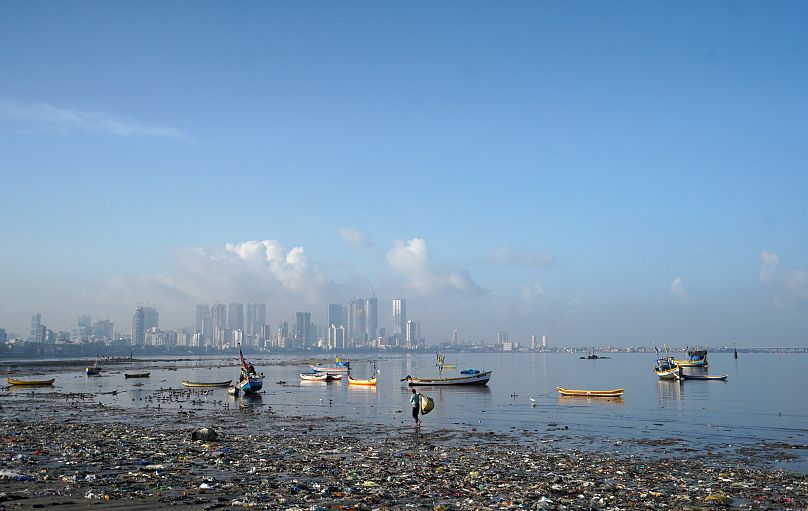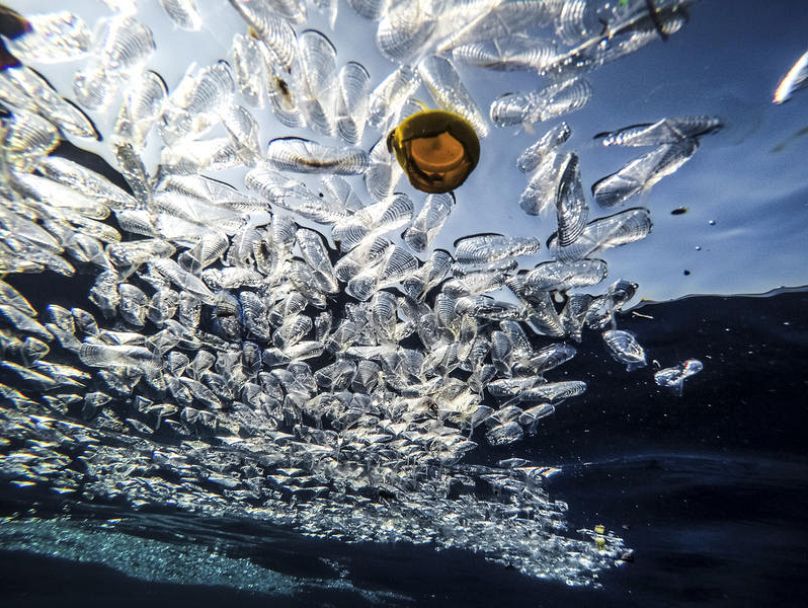Greenpeace USA has criticised "false promises" by companies who switch to recyclable packaging instead of reducing consumption.
Greenpeace USA has released a report that warns consumers to be sceptical of ‘plastic alternatives’ offered by big companies as the solution to the planet’s plastic problem.
Graham Forbes, Greenpeace USA Global Project Leader, called initiatives by companies like Nestle, Unilever and Pepsi Co. such as switching to bioplastics, or increasing recyclability of their packaging “false solutions”. It states that it is “time to declare peak plastic” and asks big companies to make dramatic moves to change the way that they package their products.
Greenpeace USA Senior Research Specialist, Ivy Schlegel, is the author of the report. In a press release accompanying the report, she said “Multinational consumer goods companies continue to promote so-called sustainable alternatives that would put unacceptable pressures on natural resources”. She added that, to solve the plastic crisis, it was essential for companies to “invest significantly in reusable and refillable delivery systems”.
Under fire from Greenpeace are companies who, despite initiatives to increase solutions for their packaging at the end of its life, still continue or even increase the manufacture of products wrapped in single-use packaging. Forbes said, “Moving to bioplastic, paper, 100% ‘recyclable’ packaging, incineration and chemical recycling all but guarantee this environmental crisis will get worse”.
Although appealing to consumers looking to reduce their environmental impact, "bioplastics" are not well defined meaning that products referred to like this may still include more conventional, polluting materials. Natur'All bottle, developed by brands like Nestle and Pepsi Co., is still 70% fossil-based plastic according to the report.
As well as this, Greenpeace claim that bio-based plastics made from crops like corn could threaten food security and increase pollution from agriculture.
Nestlé Waters told Euronews Living that the Natur'All Bottle in question is still in development. Currently 30% of its widely used PET bottle is made from bio-based ingredients and the Natur'All Bottle Alliance hopes to make this 100% in the near future. The company are aiming to reduce their use of single use plastics launching new water dispensers in early 2020 that will allow customers to refill their own bottles.
Nestlé stated that "PET is a high value plastic that has the potential to achieve a circular economy model, and we are taking a number of actions to unlock this potential and minimize our environmental footprint" adding, "as part of Nestlé’s ambition to stop plastic leakage into the environment across its global operations, we aim to collect as many plastic bottles as we produce by 2030".













